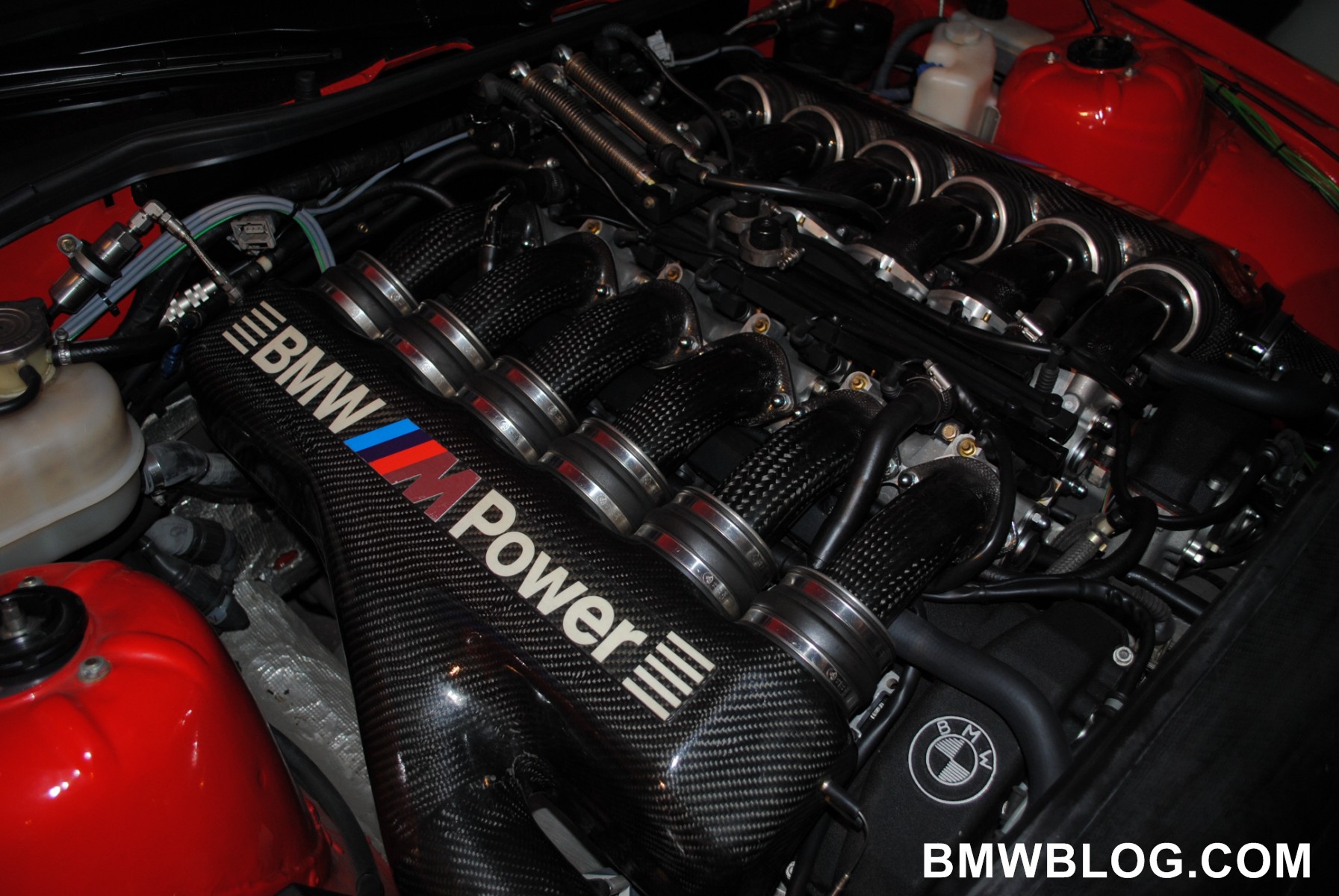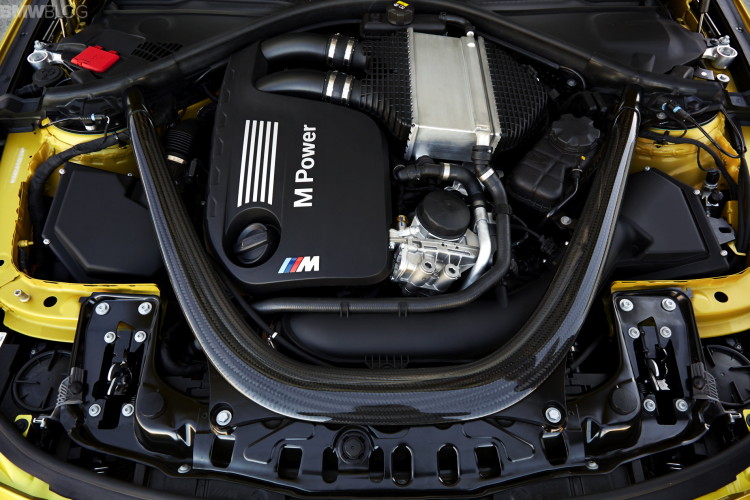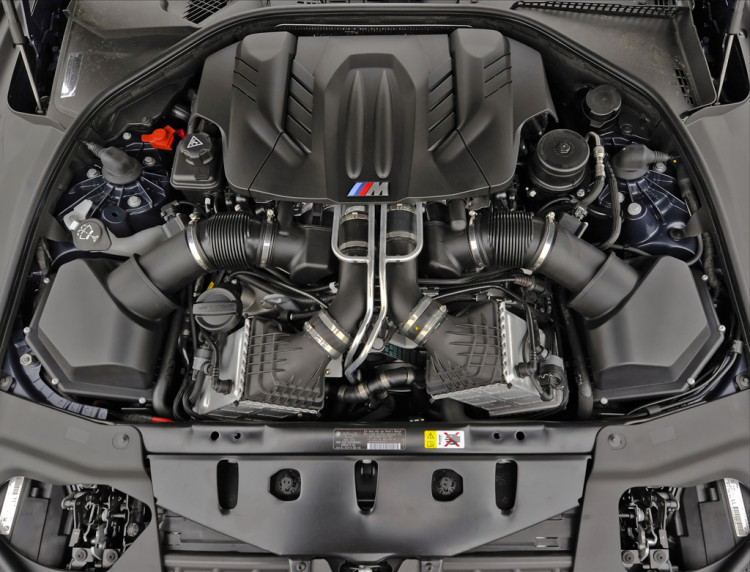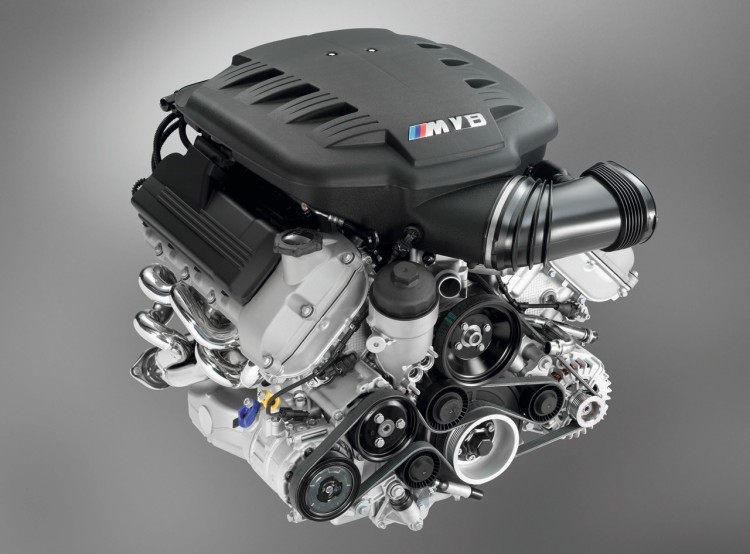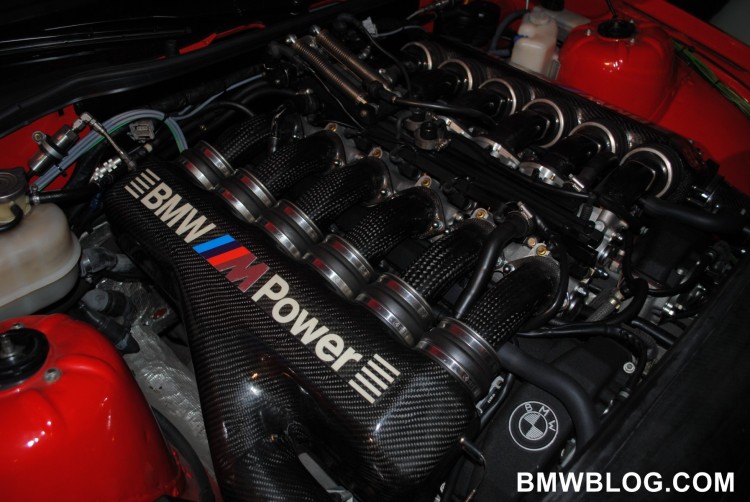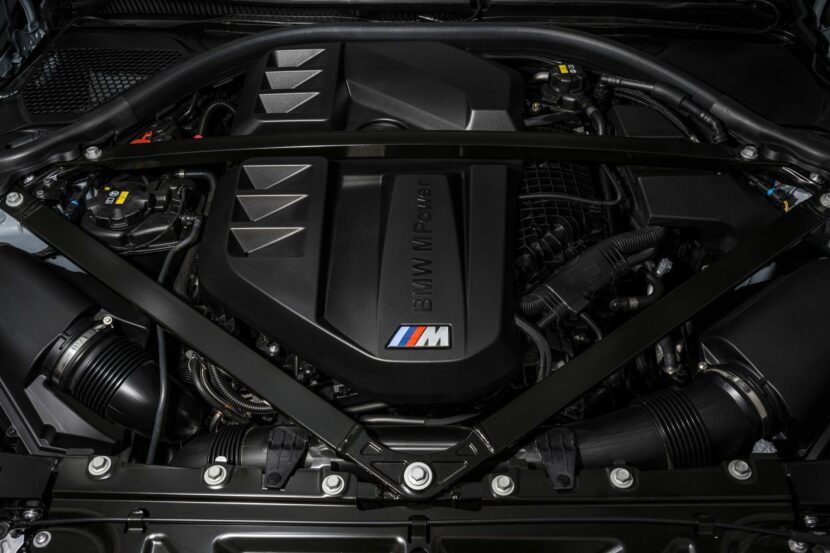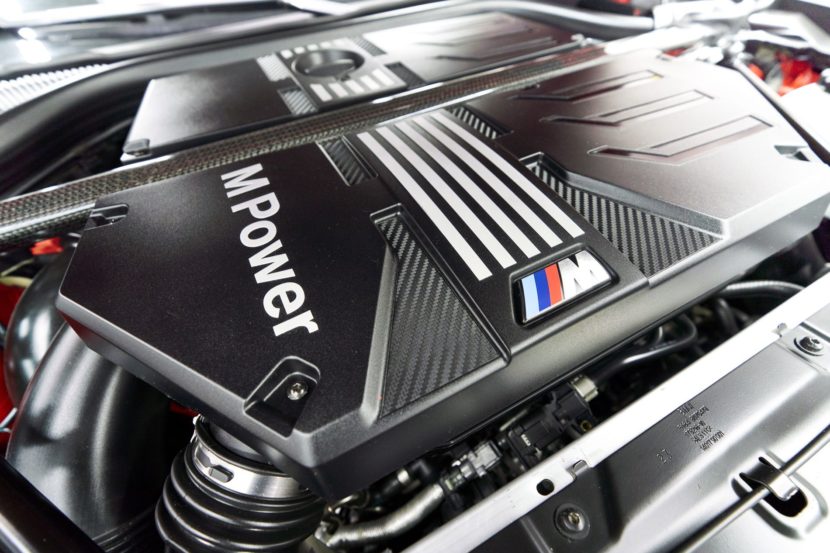BMW has been considered the Ultimate Driving Machine for decades. It’s the brand enthusiasts flock to for its unique driving characteristics. When people think BMW, they normally think of sharp steering, excellent handling and the ability to slide the tail around at will. However, one aspect of BMWs that is sometimes overlooked is the incredible quality of engines that BMW can produce.
BMW has made some of the most legendary automotive engines of all time. Their incredible ability to rev high and free while maintaining a buttery smoothness found in few others. BMW has been making exceptional engines since its inception. It also seems to reserve its best for its M cars.
So let’s take a look at some of the greatest BMW engines of all time.
5. S55 (3.0 Liter Twin Turbocharged I6)
The engine in the current F80/F82 M3/M4 is one of BMWs most currently criticized, as it’s the first turbocharged M3 engine in history. It also doesn’t make the wonderfully sonorous noise that embodied the previous M3’s. So it’s often maligned by die-hard enthusiasts. However, it’s incredible powerband, 425hp, 406 lb-ft of torque and lack of turbo lag makes it one of the best engines on the market today. It’s smooth, torquey and revs quite high for a turbocharged engine. It also feels naturally aspirated most times, with the ability to trim the throttle mid corner, which is probably the grandest complement a turbocharged engine can get. So despite the many quibbles people have with it, the S55 is one of the better BMW engines ever made.
4. S63 (4.4 Liter Twin Turbocharged V8)
The S63 has been around, in one iteration or another, for about a decade. The current iteration, used in cars like the M5, M6 and X5/X6 M. It has gobs and gobs of horsepower and torque, is wonderfully smooth, makes a naughty sound and has about as little turbo lag as a twin-turbocharged V8 can have. It’s also incredibly versatile, being used in everything from big, luxury sedans or Super-SUVs. It’s also currently the holder of the most powerful BMW engine ever made nameplate, in the 592hp 30 Jahre Edition M5. So for that, it goes on the list.
3. S65 (4.0 Liter Naturally Aspirated V8)
This engine is the reason why so many BMW enthusiasts are unhappy with the current M3’s engine. It’s one of the favorite BMW engines amongst all car enthusiasts. Its 414hp is a nice number, but it isn’t the important one. The important number is 8,450, which is the number of revs that the S65 redlines at. A V8 that revs at nearly 9,000 rpm is a wonderful thing to behold. But even more wonderful is the sound it makes as it screams to its stratospheric redline and the rifle shot cracks from each upshift. Not many engines from any automaker can match the sheer excitement that the S65 gives. It’s not only one of the best BMW engines, but one of the all time greats.
2. M88 (3.5 Liter Naturally Aspirated I6)
The M88 engine is the original. It’s the very first M engine and powered the almighty M1 supercar. From there, it was used in the very first M5. The M88 is one of the most charismatic and enjoyable engines to use. It made anywhere from 215 to 282hp, depending on the car it was in, and had a 6,500 rpm redline. That may not sound like a lot, but considering that it was developed in 1978, that’s a pretty nice spec sheet. But it isn’t the numbers that make the M88 great, it’s the way it delivers its power and the noise that comes out of it.
1. S70/2 (6.1 Liter Naturally Aspirated V12)
This engine technically was never in a BMW. It was in a couple of BMW LeMans cars, but the only road car that ever featured the S70/2 was the McLaren F1. Gordon Murray, the brilliant man who designed the F1, needed an engine that had the power, throttle response and sound that he thought the F1 deserved. Paul Rosche of BMW’s M Division developed a 6.1 liter V12 producing 618hp for Murray and his F1. Most people who’ve driven the McLaren F1 say that its engine could possibly be the greatest in history. It was incredibly high-tech, using quite a bit of magnesium, twelve individual throttle butterflies for the intake and a dry-sump oil system. However, it’s the immediacy of its power delivery, the manner in which it revs to its 7,500 rpm that makes the engine so special. It’s a marvel of mechanical engineering and is not only the best BMW engine ever made, but possible the best engine ever made. Period.


